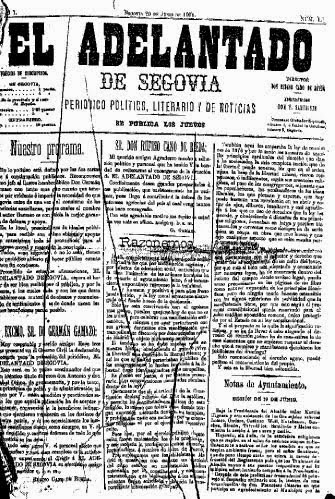Here are excerpts of the Ode, then. I am presenting them without further commentary. In them, the poet addresses the West Wind, 'thou,' as if it were a human being.
O, thou,
Who chariotest to their dark wintry bed
The winged seeds, where they lie cold and low,
Each like a corpse within its grave, until
Thine azure sister of the spring shall blow
Her clarion o'er the dreaming earth,
Thou dirge
Of the dying year, to which this closing night
Will be the dome of a vast sepulchre,
Vaulted with all thy congregated might
Of vapours, from whose solid atmosphere
Black rain, and fire, and hail will burst: O, hear!
***
Be through my lips to unawakened earth
The trumpet of a prophecy! O, wind,
If Winter comes, can Spring be far behind?"
***
"Prometheus Unbound; a lyrical drama in four acts with other poems/Ode to the West Wind" (Wikisource)
The Ode was first published in 1820.


No comments:
Post a Comment